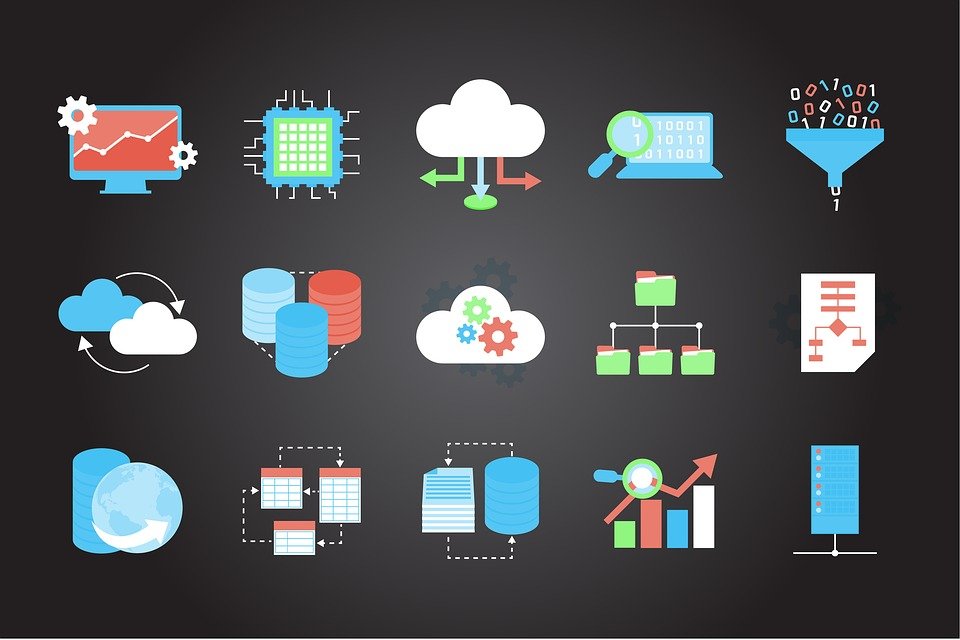No one who follows the news these days can help but to have become much more aware of the challenges we all face when it comes to maintaining our online privacy. We have grown so accustomed to handing over our personal information on request – a situation that social media has done a tremendous amount to exacerbate – that we have become passive to the constant monitoring and gathering of our information.
With all the news stories cropping up about data breaches and lapses in the protection of our private data, it is only natural to want to exercise more caution where personal information is concerned. The good news is that enhancing your privacy online is much simpler than people realize. Here are some of the easiest ways of reclaiming your online privacy.
Only Share What You Need To
 It is a good idea to create a specific “burner” email address that you can use when you register for new services and websites. This will keep your work /personal email off their radar and massively cut down on the amount of tracking you are subjected to.
It is a good idea to create a specific “burner” email address that you can use when you register for new services and websites. This will keep your work /personal email off their radar and massively cut down on the amount of tracking you are subjected to.
Similarly, unless a business has a good and legitimate reason to know your actual name, birthday, address, and other similar information, do not give it to them!
Install a VPN
 Whether you browse the internet primarily with a laptop, a tablet, or a smartphone, a virtual private network (VPN) is an essential security tool. Public Wi-Fi hotspots are something that the majority of us make use of when we can. However, there is a lack of awareness regarding just how insecure these networks, and the data you send over them, actually are.
Whether you browse the internet primarily with a laptop, a tablet, or a smartphone, a virtual private network (VPN) is an essential security tool. Public Wi-Fi hotspots are something that the majority of us make use of when we can. However, there is a lack of awareness regarding just how insecure these networks, and the data you send over them, actually are.
With a VPN, when you exchange data with the internet, your device will first send an encrypted communication to the VPN server, telling it what you want to do online. The VPN server will then handle the request and return the result to you. This means that other people on the Wi-Fi won’t be able to snoop on you. It also prevents man in the middle attacks, whereby an attacker poses as a Wi-Fi hotspot causing you to connect directly to them.
Note that you shouldn’t use a free VPN, as these usually exist to gather your data themselves. The exception is ProtonVPN, which can be trusted in its free version.
Delete Defunct Data
 Since the EU introduced GDPR earlier this year, many tech companies have stepped up their game with regards to removing your data on request. If you contact Apple Facebook or Google and request that they delete any data they hold on you, they are much more compliant than they once were, even if you are outside the EU.
Since the EU introduced GDPR earlier this year, many tech companies have stepped up their game with regards to removing your data on request. If you contact Apple Facebook or Google and request that they delete any data they hold on you, they are much more compliant than they once were, even if you are outside the EU.
As long as these companies are holding your personal data, they have the ability to sell it, to pass it on, and to utilize it themselves. Before you quit using any service, make sure you research how to completely shut it down and remove your account and data.
Businesses of all types are making a much bigger effort to track us and to gather our data than ever before. Fortunately, the simple steps outlined above will go a long way in keeping you off their radar and allowing you to keep your private information private.

